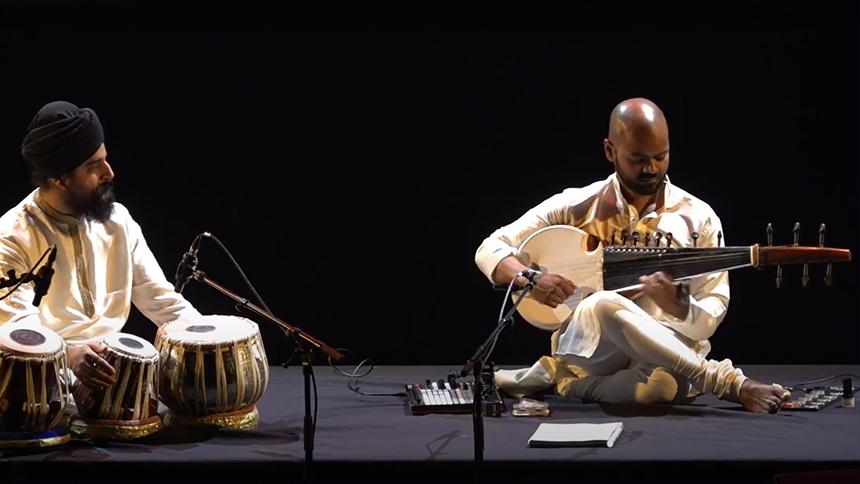Taking dementia research in new directions through South Asian music and dance
Meet Naaheed Mukadam, who connected South Asian community members with her dementia research through a ‘Music, Meaning and Memory’ event.
As an old-age psychiatrist, Naaheed Mukadam was inspired to get into dementia research after seeing the complex ways in which the condition affected people’s lives.
‘I wanted to reduce stigma surrounding dementia, especially in minority ethnic communities,’ she says, ‘and to make a difference to people living with dementia.’
This summer, Naaheed, now Associate Professor at University College London (UCL), engaged South Asian communities more directly through an event featuring dance and music.
Public connection
Naaheed’s Society-funded research into differences in dementia prevention, diagnosis and outcomes between ethnic communities has already been hugely valuable.
However, she wanted to involve community members in new ways to make her work even more meaningful.
I wanted to widen the reach of my work, so that it was not just for academics and clinicians but also connecting with the general public.
She’d seen many times from her clinical experience just how powerful music could be in helping people with dementia connect with others, even when other communication was difficult.
There was also a lack of research in South Asian communities looking at how memory and music are related.

Music and movement
Naaheed decided to develop a special event by involving people affected by dementia, a dancer and a musician who plays the sarod (a stringed instrument used in North Indian classical music).
‘I worked with a dance artist, Jesal Patel, and sarod artist Soumik Datta to create the event.
We met several times while planning the event to discuss memory problems and how dementia affects people.
‘We also conducted workshops together in a day centre and care home, speaking with people with dementia and carers about their experiences and connecting with them through music and movement.
'We used these conversations and experiences to help shape the event.’
Great engagement
The event, called Music, Meaning and Memory, took place in London in June.
‘After the event people affected by dementia told me they were very moved by what we had created and felt their experiences were captured accurately, which meant a lot to me,’ says Naaheed.
The audience responded really well to the performance and there was great engagement with the Q&A. I felt euphoric for some time afterwards and really proud of the work we had made.
‘I hope the work helps to show the challenges of having dementia but also hope it helps people to feel less alone, reduces stigma and helps people to find sources of support.’
Join Dementia Research
Register your interest in taking part in dementia research.

